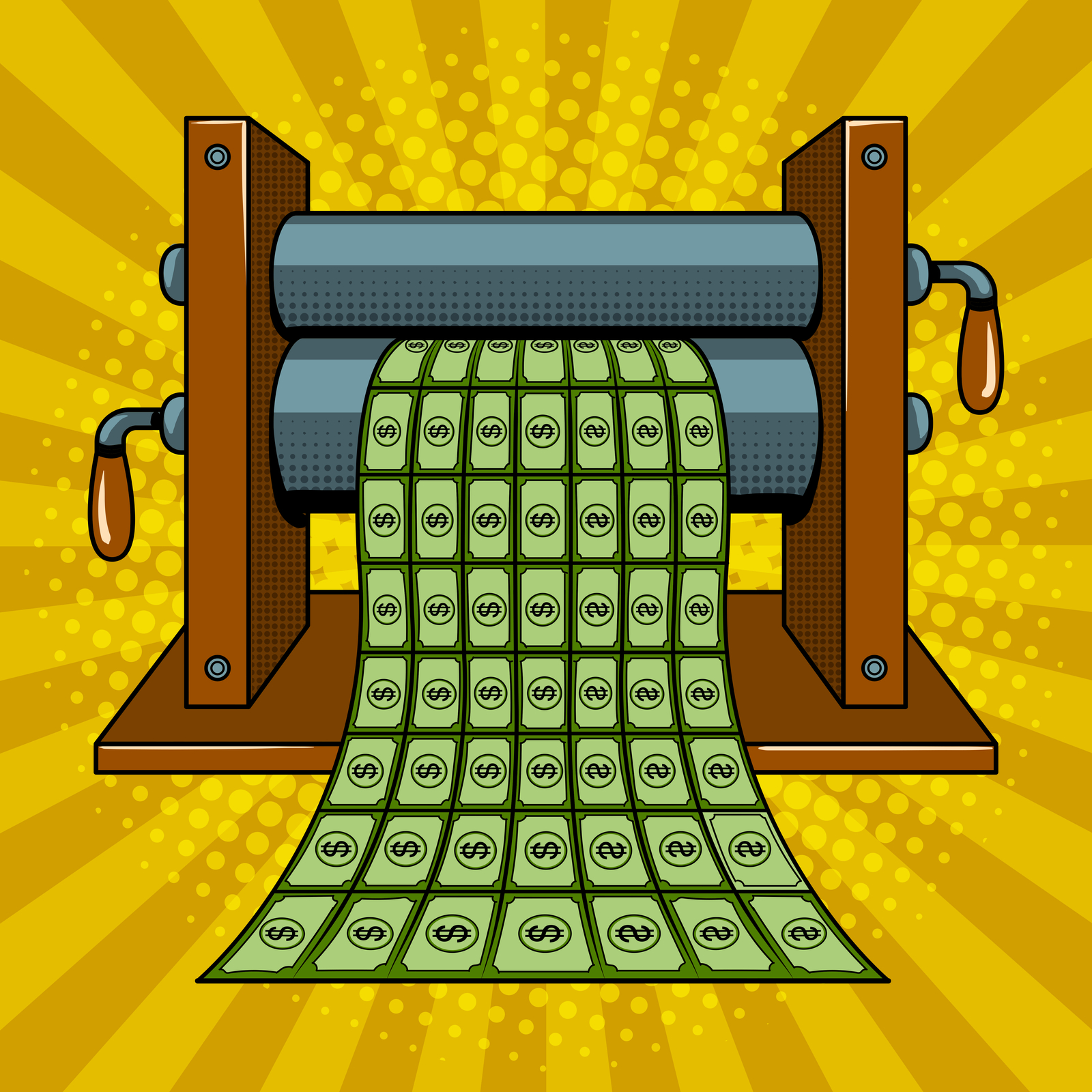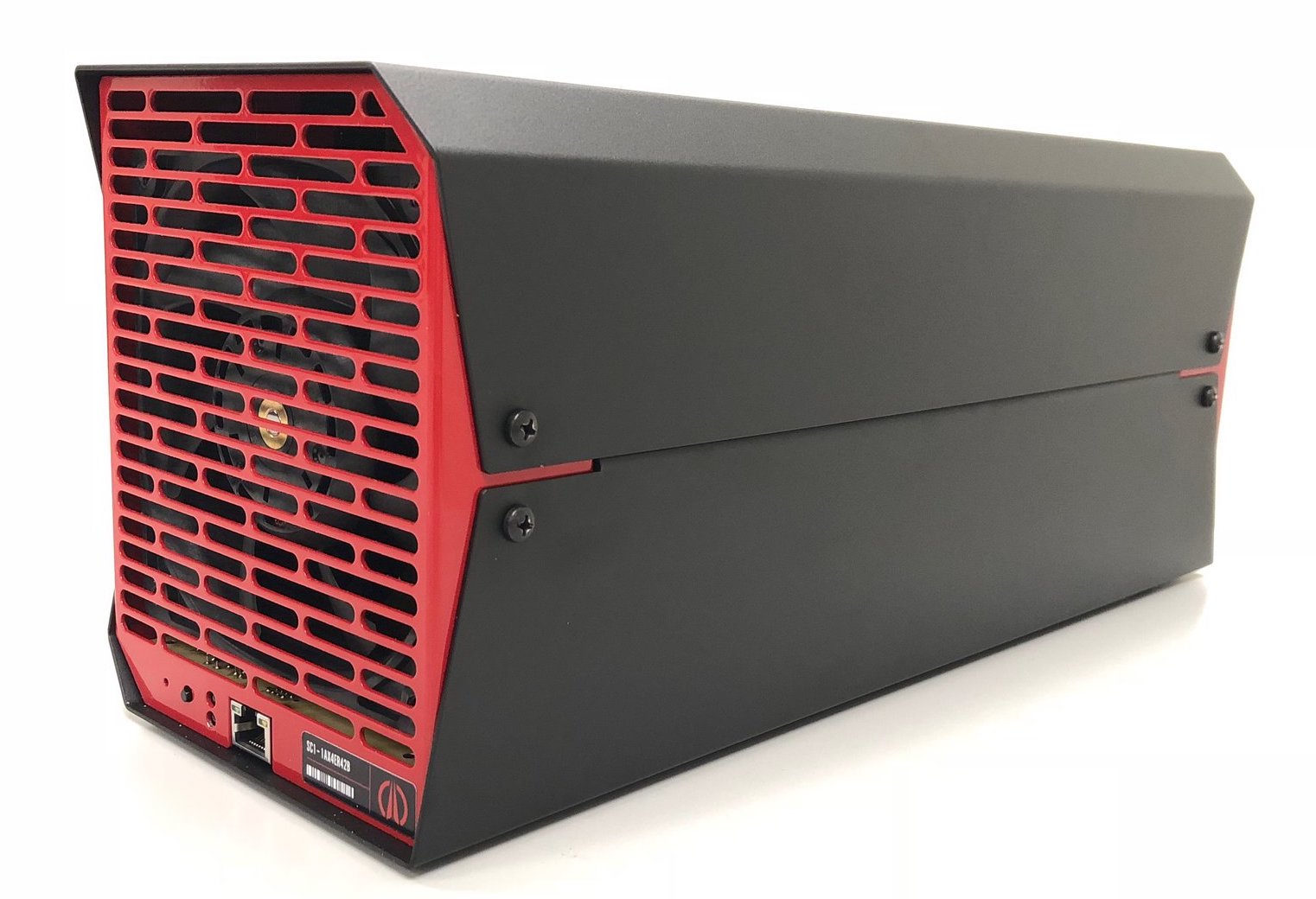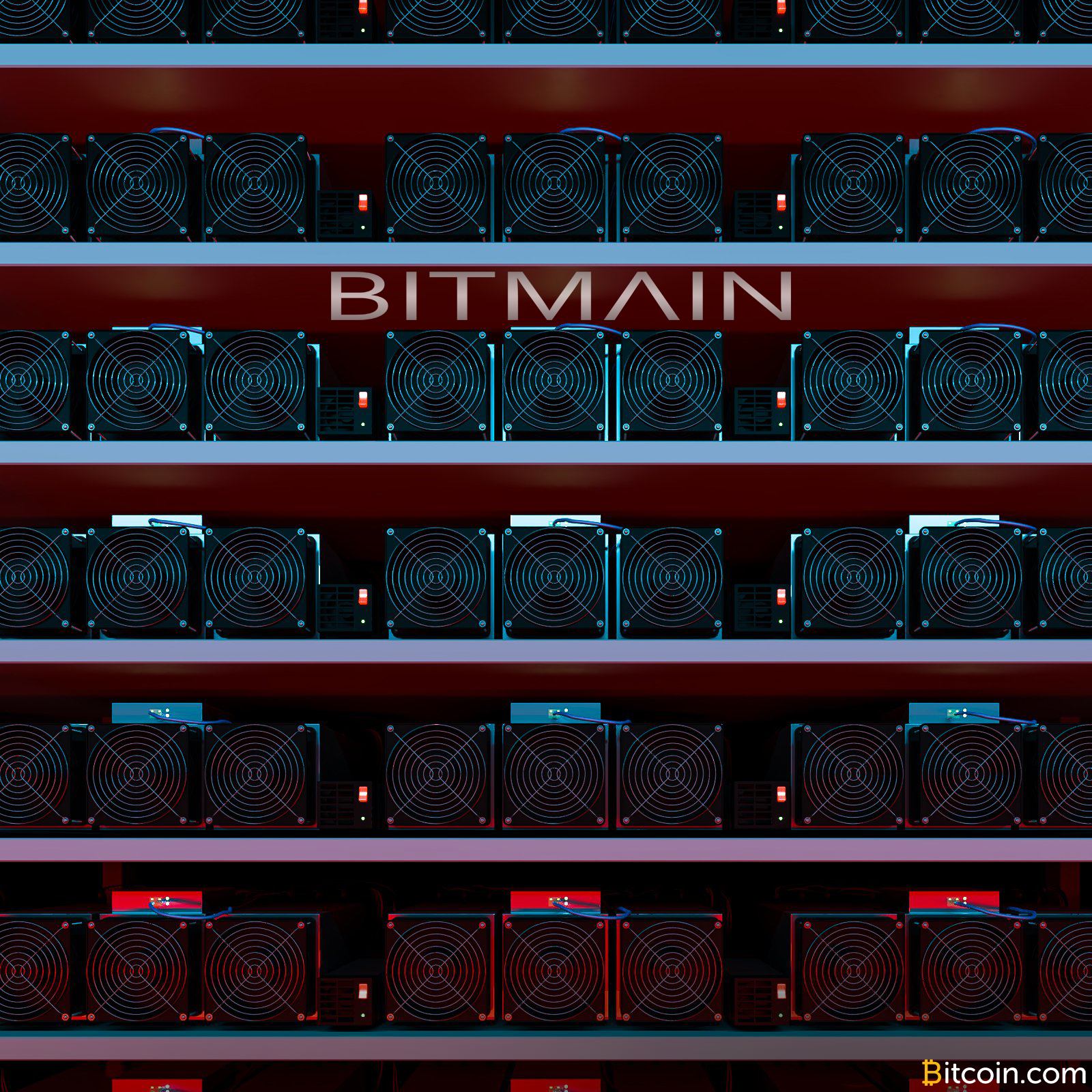
ASIC miners are hugely profitable machines – provided you’re the manufacturer. That’s the view of Siacoin lead developer David Vorick, who’s published his thoughts on the monopoly enjoyed by manufacturers such as Bitmain and Halong Mining. In “The State of Cryptocurrency Mining”, Vorick also accuses manufacturers of using the machines themselves, before passing them on to the public once they’re no longer profitable.
Also read: Cryptocurrency Projects Aiming to be ‘ASIC Resistant’ Have Little Success
The Absolute State of Cryptocurrency Mining
Siacoin’s David Vorick knows more than most when it comes to cryptocurrency mining. In addition to overseeing the development of decentralized file storage coin SIA, which uses a Proof of Work algorithm, Vorlick operates his own ASIC manufacturing firm. Obelisk was founded around 18 months ago, and with their first ASICs scheduled to ship in eight weeks, Vorick has decided to lay bare his thoughts on the industry. “The State of Cryptocurrency Mining” is a revelatory blog post that pulls no punches.
In it, Siacoin’s lead developer repeats claims he has heard that “Bitmain plays dirty”. Vorick was allegedly told that Bitmain would use its power to stop other ASIC companies from manufacturing in China. Despite going to great pains to conceal Obelisk’s involvement in such a deal, the Chinese manufacturer backed out suddenly in a move that reportedly cost Obelisk $2 million. There is no proof that the manufacturer was leaned on by Bitmain, but David Vorick leaves no doubt as to where his suspicions lie.

ASICS Are Money Printing Machines
The most explosive part of Vorick’s blog concerns allegations of ASIC manufacturers secretly mining with new units before selling these to the public once they’re no longer profitable. These claims aren’t new, and can be traced as far back as Butterfly Labs and its ill-fated ASIC miner. David Vorick is the most senior and well-connected figure within the mining industry to go public with these allegations, however, writing:
In the case of Halong’s Decred miner, we saw them “sell out” of an unknown batch size of $10,000 miners. After that, it was observed that more than 50% of the mining rewards were collecting into a single address that was known to be associated with Halong, meaning that they did keep the majority of the hashrate and profits to themselves.
He continues: “Our investigation into the mining equipment strongly suggests to us that the total manufacturing cost of the equipment is less than $1,000, meaning that anyone who paid $10,000 for it was paying a massive profit premium to the manufacturer, giving them the ability to make 9 more units for themselves.” It has been alleged that prior to Bitmain shipping its Monero Cryptonight miners this year, an unknown entity had been mining with them for months. Vorick concurs:
My sources say that they had been mining on these secret ASICs since early 2017, and got almost a full year of secret mining in before discovery. The ROI on those secret ASICs was massive, and gave the group more than enough money to try again with other ASIC resistant coins.
 At the time of the Cryptonight ASICs becoming public knowledge, a war of words erupted between Bitmain and senior Monero figures. Monero’s Fluffypony wrote that the huge leap in Monero’s hashrate in 2017 had originally been attributed to botnets using hijacked computers to mine XMR. This assertion had been revised in the wake of Bitmain unveiling its Monero-specific X3s. David Vorick adds fuel to the fire, writing: “It’s estimated that Monero’s secret ASICs made up more than 50% of the hashrate for almost a full year before discovery, and during that time, nobody noticed. During that time, a huge fraction of the Monero issuance was centralizing into the hands of a small group, and a 51% attack could have been executed at any time.”
At the time of the Cryptonight ASICs becoming public knowledge, a war of words erupted between Bitmain and senior Monero figures. Monero’s Fluffypony wrote that the huge leap in Monero’s hashrate in 2017 had originally been attributed to botnets using hijacked computers to mine XMR. This assertion had been revised in the wake of Bitmain unveiling its Monero-specific X3s. David Vorick adds fuel to the fire, writing: “It’s estimated that Monero’s secret ASICs made up more than 50% of the hashrate for almost a full year before discovery, and during that time, nobody noticed. During that time, a huge fraction of the Monero issuance was centralizing into the hands of a small group, and a 51% attack could have been executed at any time.”
Secret ASICS Are Rumored to Exist
 Secret ASICs that have the power to attack existing hashing algorithms far more effectively than anything on the market are rumored to exist. David Vorick is convinced of this, and if he is correct, these units are the mining equivalent of a zero-day exploit – highly lucrative and highly protected. He speaks of “mining farms that are willing to pay millions of dollars for exclusive access to designs for specific cryptocurrencies” and “an informal underground industry” that has sprung up around secret mining.
Secret ASICs that have the power to attack existing hashing algorithms far more effectively than anything on the market are rumored to exist. David Vorick is convinced of this, and if he is correct, these units are the mining equivalent of a zero-day exploit – highly lucrative and highly protected. He speaks of “mining farms that are willing to pay millions of dollars for exclusive access to designs for specific cryptocurrencies” and “an informal underground industry” that has sprung up around secret mining.
Because no entity, be it a mining pool or hardware manufacturer, is going to put their name to such activity, it is very hard to provide concrete proof of these allegations. What is beyond dispute is that ASICs are money printing machines for those who make them at scale. Vorick finishes: “At the end of the day, cryptocurrency miner manufacturers are selling money printing machines. A well-funded profit maximizing entity is only going to sell a money printing machine for more money than they expect they could get it to print themselves. The buyer needs to understand why the manufacturer is selling the units instead of keeping them for themselves.”
Do you think some ASIC manufacturers engage in dirty tricks and underhand practices? Let us know in the comments section below.
Images courtesy of Shutterstock, and Obelisk.
Need to calculate your bitcoin holdings? Check our tools section.
The post Siacoin Developer: ASICS Are “Money Printing Machines” for Manufacturers appeared first on Bitcoin News.
Powered by WPeMatico
